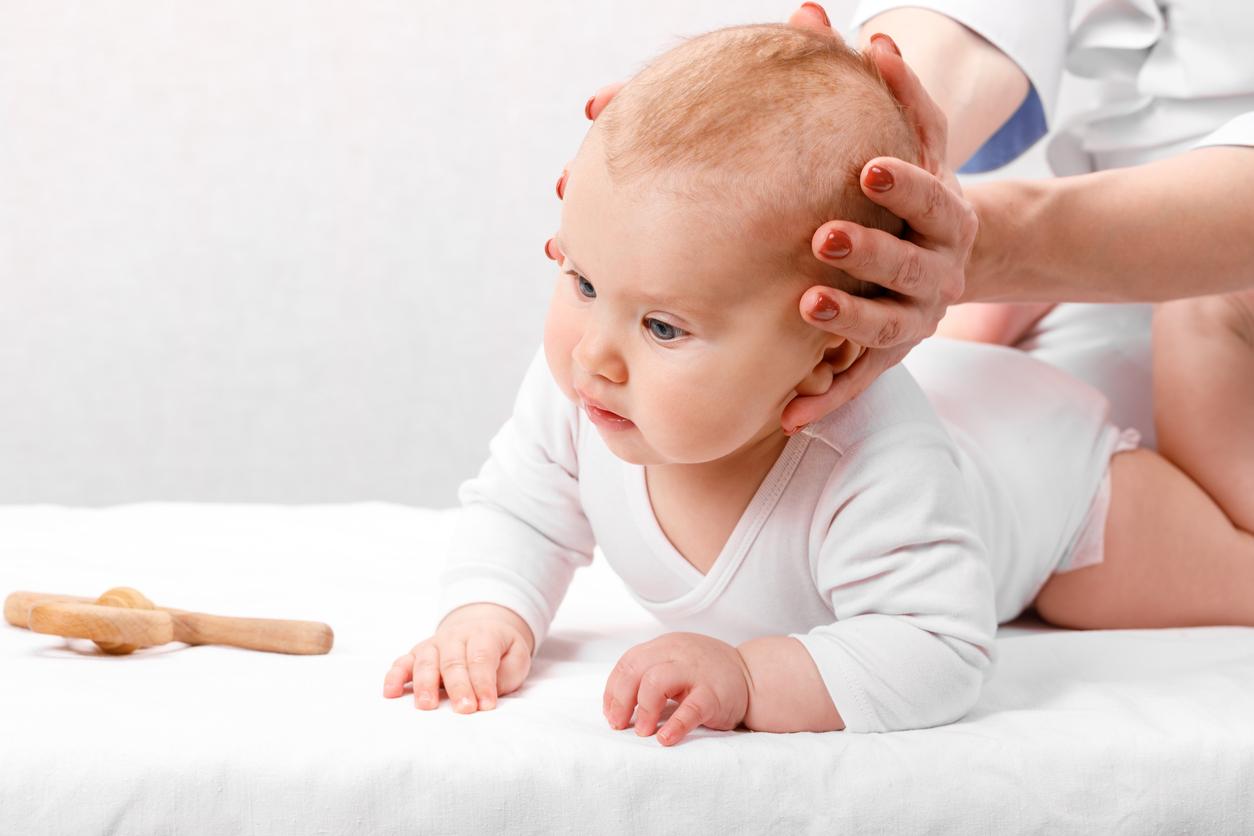For parents, dealing with baby crying is not always easy. Should we console the child or let him calm down on his own? An American specialist gives some answers.

- Before six weeks, the crying of the child can represent up to three hours a day.
- Generally, they are less than one hour per day after three months.
- Infant colic can be an explanation for crying at the end of the day.
Raising a child is a challenge, and parents are sometimes lost between contradictory injunctions. For example, opinions differ on how to deal with a child’s crying: should you always comfort him or should you sometimes let him cry? In the English version of Tea ConversationAmy Root, professor of applied human sciences at the University of West Virginia, gives a reasoned answer to this question: according to this specialist, it is important to comfort the child during his first months.
Why is it important to react when a child cries?
Amy Root recalls that in the United States, it is common to speak of an overly pampered baby when the parents systematically react to his crying, while several studies have shown that when the parents meet the needs of the child, ci manages to calm down better on his own as he grows up. Before four months, a child cannot manage his distress on his own, whether it is related to hunger, thirst, pain or whatever. “So children need their parents to calm down“, recalls the scientist. For them, crying is the most effective way of communicating, and for the person who takes care of them, it arouses an immediate desire to go and comfort the baby. For the scientist, relieving the A baby’s cry is an important way to nurture the bond with the child, but it also gives him the keys to self-regulation.”Infants also understand, through the responsiveness of their caregivers, what it feels like to calm down, adds the specialist. This feeling is similar to the internal changes that adults and older children experience when they regulate their emotions, i.e. their heart rate slows and they feel good..”
What are the consequences of not reacting to a baby’s cry?
Insofar as consoling a child helps to create a bond and to give him the keys to calming down on his own, the absence of reaction from a parent can lead to developmental difficulties. “The lack of responsiveness of caregivers is associated with behavioral and developmental difficulties, she raises. Studies show that neglected children may struggle to bond with peers and deal with rejection.”
Baby crying: different reactions depending on the child
Amy Root points out that there is no equivalent to one size fits all in education, each parent manages their child’s crying in their own way. The needs of toddlers are different for each child. Thus, the responsiveness and the way of managing crying differ according to each family. But she believes that there is a rule applicable to all: it is necessary to react quickly and appropriately to the crying of the child at least until its six months.
















